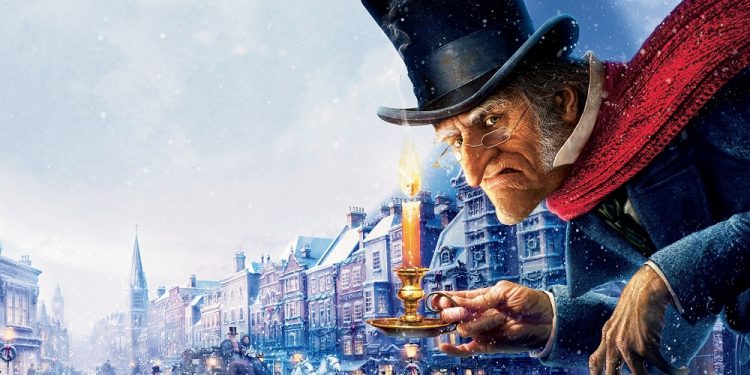
Humbug Day
Originally, the term “humbug” was used to describe a person who behaves in a dishonest or deceptive way. It was first used during the mid-18th century as slang by students, but eventually, it became used by other people in Victorian England.
The most famous use of this word, however, was by Ebenezer Scrooge—the protagonist of Charles Dickens’s novella “A Christmas Carol,” a book that was written in 1843. This character used the term to display bad-tempered and negative disapproval for the things he disliked—most notably, the holiday season.
Now it’s a term that is honored by the holiday Humbug Day. This holiday is observed on December 21st and allows people to express their frustrations or reservations about the Christmas season.
The History Of Humbug Day
As is the case with so many of these “Internet” holidays, Humbug Day was actually a creation of Thomas Roy and Ruth Roy—the proprietors of the website Wellcat.com. They’ve created a number of different holidays over the years, including Panic Day, Make Up Your Own Holiday Day, No Socks Day, and Be A Dork Day.
Observing Humbug Day
Observing this holiday can be as simple as declaring “bah, humbug” and taking a break from the pressures of Christmas. According to the official website for this holiday, people are allowed to say 12 humbugs to holiday activities that they don’t feel like doing.
And fortunately for us all, using the hashtag #HumbugDay doesn’t count as one of those instances of this phrase. Good thing, because we think we’ve used all of our humbugs for the day so far.








